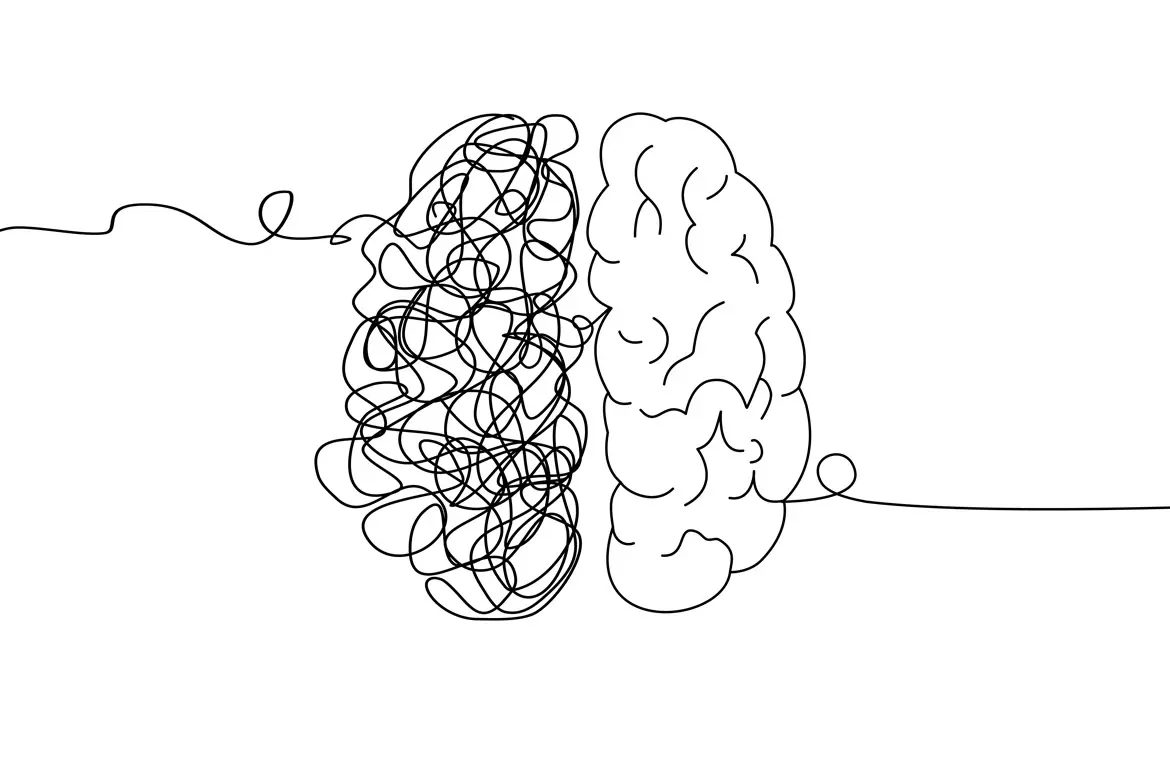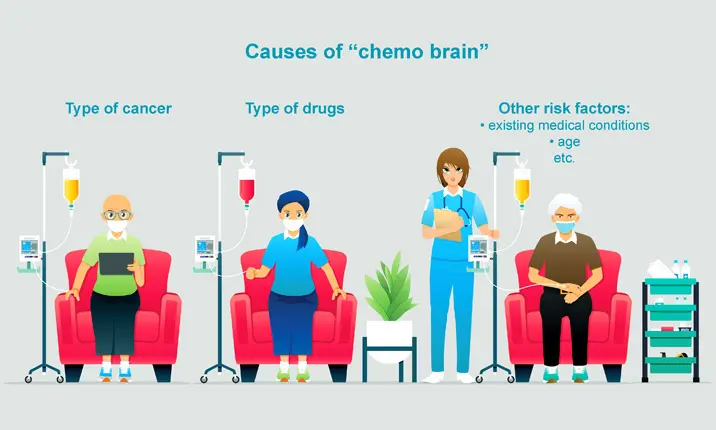We've all had days where we don't feel like ourselves – where we feel a little 'out of our mind'. Perhaps we can't seem to think fast enough, can't remember names, or have a difficult time multitasking. Imagine feeling like that every single day – all while having to battle the challenges of cancer treatment and recovery.
This condition, known as "chemo brain", is what many cancer patients undergoing chemotherapy have to go through.
What is the meaning of "chemo brain"?
"Chemo brain" is a term often associated with thinking and memory problems a cancer patient may have during their cancer treatment journey.
It is also called cancer-related cognitive impairment. Patients suffering from "chemo brain" have a decrease in their cognitive functions, causing an overall decrease in mental sharpness.
Aside from this, other symptoms include:
- Finding it difficult to remember names
- Having trouble concentrating and/or learning new things
- Experiencing mood swings
- Taking much longer to complete everyday tasks
- Having lapses in memory
What are the causes of "chemo brain"?
Chemotherapy is often the main cause. This can occur in cancer patients who are either undergoing chemotherapy, or who have just finished treatment.
However, other treatments such as hormone therapy and radiation may also cause "chemo brain". Some patients are more susceptible to cancer-related cognitive impairment than others, and this may be due to two main factors.
Firstly – the type of cancer the person has. If a patient's cancer metastasises (spreads) to their brains, causing a brain tumour, their likelihood of getting "chemo brain" would increase.
Secondly – the type of drugs used during chemotherapy. Steroids and certain types of pain medications may also increase the chance of experiencing "chemo brain". Other risk factors include:
- Having diabetes and/or high blood pressure
- Having depression and/or anxiety
- Being of an older age
- Being deficient in certain nutrients
- Alcohol or drug abuse
How long does "chemo brain" last?
For the majority of patients who complete chemotherapy, "chemo brain" improves within 9 – 12 months.
In extreme cases, "chemo brain" can last for more than a year, although this only happens to 10 – 20% of patients. A smaller percentage of patients in this group may also experience noticeable symptoms a decade after undergoing chemotherapy, although symptoms should have reached a plateau and not be worsening at this point.
What is a natural treatment for "chemo brain"?
While there are no known ways to prevent "chemo brain", there are some ways to treat and manage it when it occurs.
"Chemo brain" may be managed in the following ways:
- Seeing a counsellor or psychologist
- Cognitive rehabilitation
- Exercise (both physical and mental)
- Meditation
- Getting more sleep
- Good nutrition
Other practical steps include:
- Planning your day – do things that require more concentration at a when you feel best
- Keeping tasks focused – don't multitask
- Avoiding alcohol
- Reducing stress
- Seeking help when it's needed
Speak to a professional if you need help
Speak to your oncologist about what you're going through, as they will be able to recommend the best course of action to help you manage your condition.
Sometimes, your family members or caregivers may not fully understand "chemo brain" or how to manage its symptoms. Don't be afraid to reach out to your oncologist, counsellor or physiatrist if you need help. With a strong support system, "chemo brain" is a condition that can be managed or even overcome with time.














